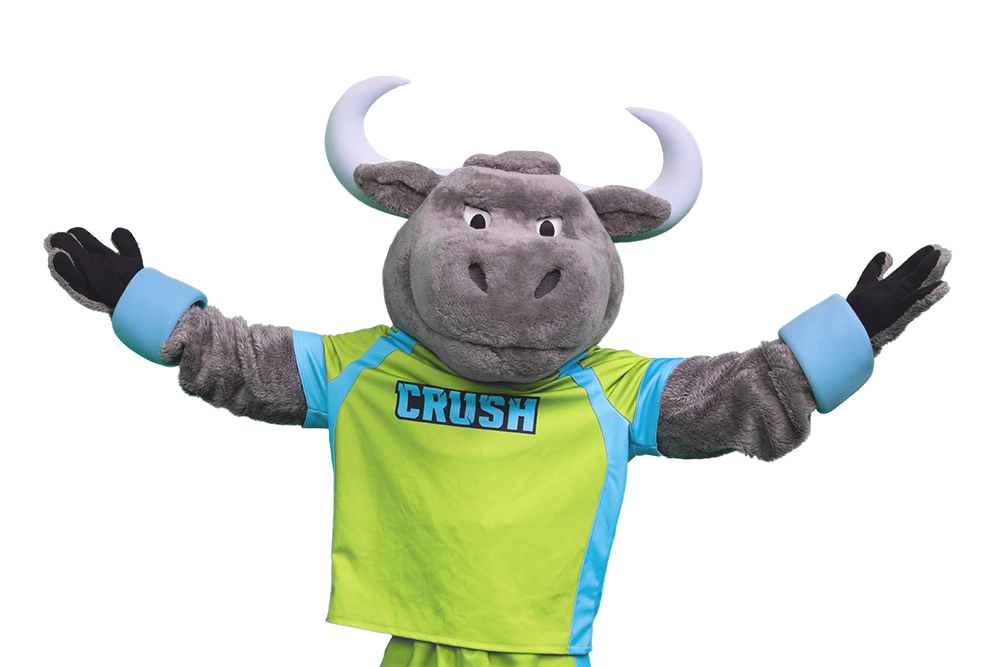
404
File or directory not found.
The page you are looking for might have been removed, had its name changed, or is temporarily unavailable.

The page you are looking for might have been removed, had its name changed, or is temporarily unavailable.